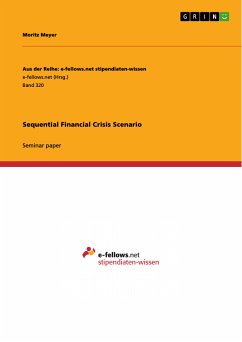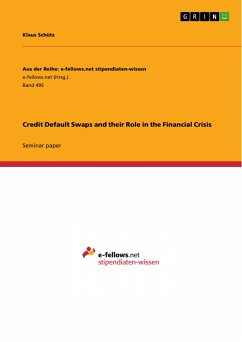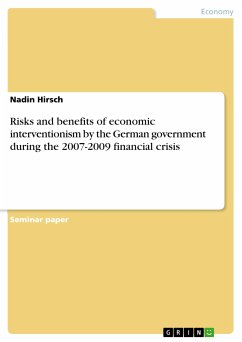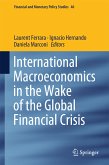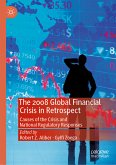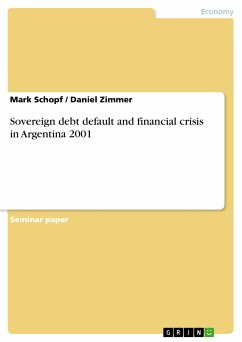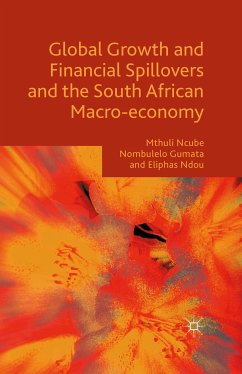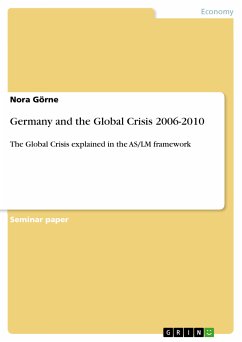Seminar paper from the year 2009 in the subject Economics - Finance, grade: 2,0, European University Institute, language: English, abstract: Global imbalances in financial markets, especially the current account deficit in the US and the high foreign reserves in Asian countries, are considered to have influenced the housing bubble in the USA and other Western countries. This research proposal establishes a link between the twin crises in Asia starting in 1997 and the current need of central banks in this region to accumulate so called „hard currencies“ like the US Dollar and the Euro. In the following we focus on the theory of sudden stops and introduce a second element that describes a run on the foreign reserves of the central bank. Firstly, agents in the economy run on domestic banks and change bank deposits into domestic currency. Secondly, they escape into hard currencies because they fear that exchange rate movements lower the real value of the domestic currency. This challenges foreign reserves of central banks, such that the central bank finally cannot provide any additional foreign reserves to the domestic banking system. To guarantee that foreign reserves are sufficient for all agents in the country central banks started building up large foreign reserves to self-insure against financial fragilities.

